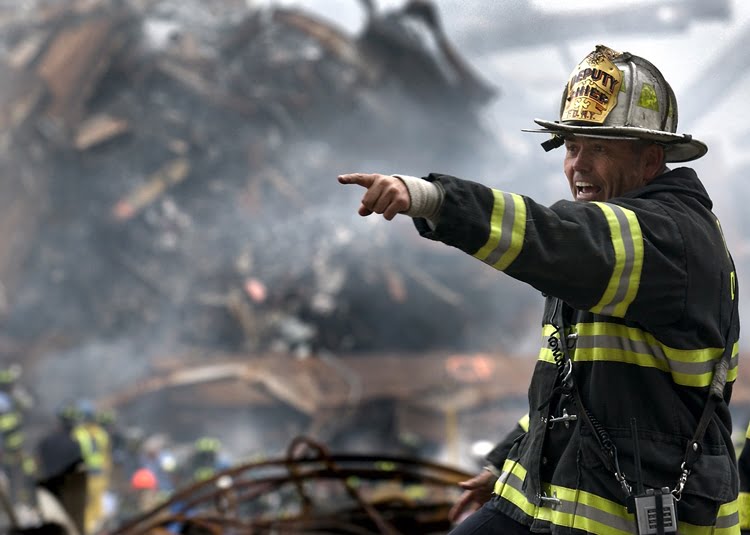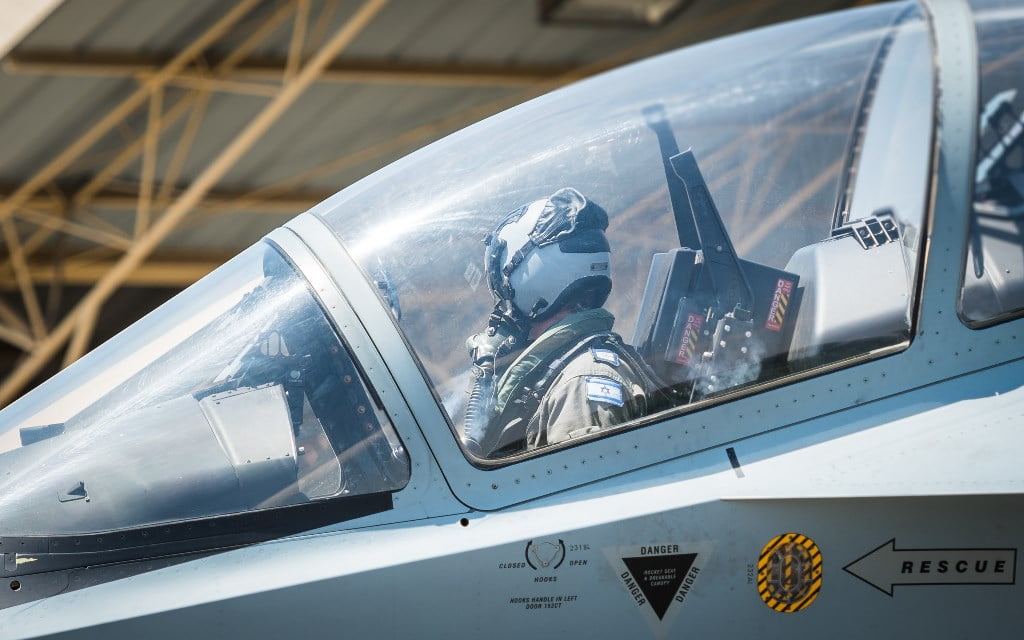A new experiment performed on Israeli Air Force jet pilots reveals a new personality trait that predicts who is more likely to suffer from sleep deprivation. The study’s results are crucial to recruiters of professionals who are required to function well in extreme situations, such as pilots, combat soldiers and firefighters.
According to Ben-Gurion University researchers, people who tend to daydream, get absorbed in reading a book or watching a movie to the point of ignoring their surroundings are those who will feel more tired as a result of sleep deprivation and will have a harder time returning to full alertness even after an eight-hour night of sleep.
The researchers – led by BGU‘s Dr. Nirit Soffer-Dudek and Major Shirley Gordon of the Israeli Air Force – contend that a personality trait called “dissociative absorption” is key.
“Dissociative absorption is the tendency to involuntarily narrow one’s attention to the point where one is oblivious to the surroundings,” the researchers explain. “It involves a temporary lack of reflective consciousness, which means that the individual may act automatically while imagining vividly, bringing about confusion between reality and fantasy.”
SEE ALSO: Israeli Research Finds Parents’ Interrupted Sleep Is The Equivalent Of No Sleep At All
There is a vast professional literature about the harmful effects of sleep deprivation, including its effect on mood, cognitive function, and motor function. At the same time, “there have been very few studies that identified who would be especially affected by sleep deprivation,” according to BGU. “This study is the first to posit and identify the role of dissociative absorption.”
“Especially crucial to people who must function in extreme situations”
Sign up for our free weekly newsletter
SubscribeThe question of who is more affected by sleepiness is relevant to the general population, but it is “especially crucial when it comes to people who must function in extreme situations with very little sleep, such as pilots, combat soldiers, professional drivers and others,” Soffer-Dudek and Gordon said in a statement.
SEE ALSO: Israeli Researchers Reveal What Lack of Sleep Does To Your Brain
The research team conducted experiments on IAF pilots and Remotely Piloted Aircraft (RPA) officers (those who operate military drones, also known as unmanned aerial vehicles). As part of their training, pilots and RPA officers participated in a four-day seminar exposing them to the subjective and objective effects of fatigue. The purpose was to emphasize the importance of adhering to an orderly and sufficient sleep routine during operational activity.
“People who tend to daydream have difficulty regulating the transition between different states of consciousness and transitioning between different awake and sleep states,” says Dr. Soffer-Dudek. “Therefore, any disruption to their sleep-wake cycle generates an especially strong shakeup of their system, and the person has a harder time fighting off sleepiness.”

New York Fire Department Deputy Chief Joseph Curry calls for rescue teams at Ground Zero three days after the 9/11 terrorist attacks. Courtesy
The study, recently published in the scientific journal Consciousness and Cognition, is the initial publication on this topic; the researchers hope that this personality trait may be instrumental in sorting people for key roles in the future.
Photos: Hernan Sanchez, IDF
Related posts

Israeli Medical Technologies That Could Change The World

Harnessing Our Own Bodies For Side Effect-Free Weight Loss

Missing Protein Could Unlock Treatment For Aggressive Lung Cancer






Facebook comments